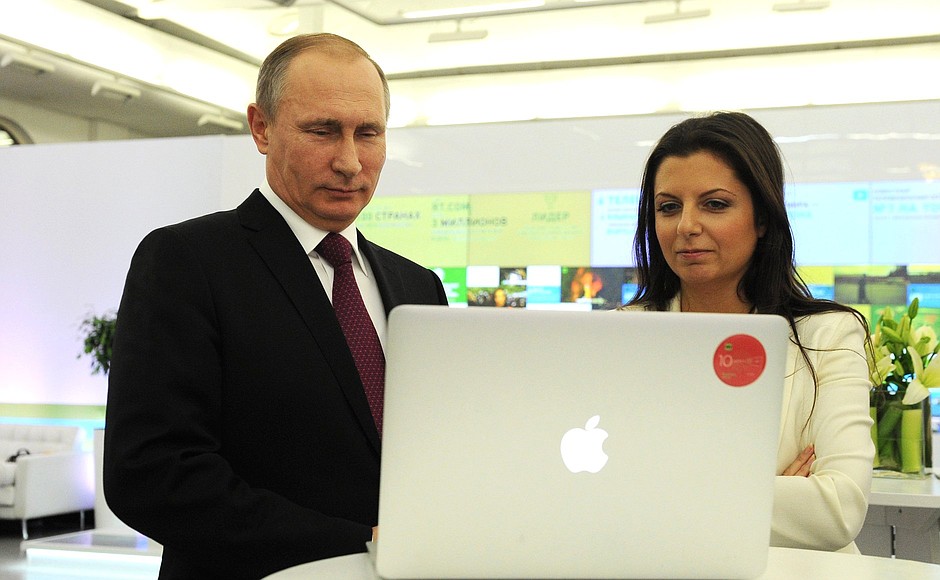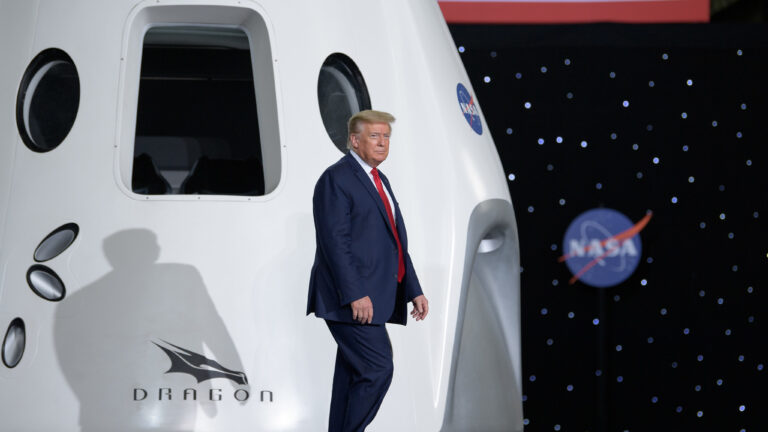Since 2019, Vladimir Putin has supercharged his plan to separate Russia from the global Internet. The country's sovereign Internet law, which came into force that November, gives officials the power to block access to websites for millions of Russians. The law was used to hit Facebook, Instagram, and Twitter with blocks and followed Russia's invasion of Ukraine in February.
Since then, Russian officials have continuously dripped out new policies and measures to further control the Internet, boosting the state's censorship and surveillance powers. Each small move continues to push Russia toward a more isolated, authoritarian version of the web—restricting the rights of those inside its border and damaging the foundational ideas of an open web.

Over the last two months, Russian officials have made around half a dozen policy or legal announcements that look to ramp up control over the web and the country's tech ecosystem. In July, so far, legislators have proposed the creation of a Russian app store that would be installed on new phones and introduced a law that could limit people's data being moved out of the country. Russia's parliament also voted to allow people's biometric data to be gathered from banks and added to one big database. Google has been fined $374 million for not falling in line, and Apple has been fined for not storing data in Russia.
In June, Russia tightened its laws on "foreign agents," cracked down further on the use of VPNs, announced a database collecting IMEI codes of mobile phones, told officials not to use foreign video conference software such as Zoom and instant messaging apps, and launched a draft law that would stop foreign software being used in the country's critical infrastructure by 2025.
Combined, the policies—if enacted—will increase surveillance of Russians' technology use and further entrench the state's control over communications. But these new policies build on a decade of Moscow's ever-tightening grip. Stanislav Shakirov, the cofounder of Russian digital rights group Roskomsvoboda and the founder of tech development organization Privacy Accelerator, says Russia has been legislating to regulate and control the Internet since 2012. There are five core principles, Shakirov says.


 Loading comments...
Loading comments...
